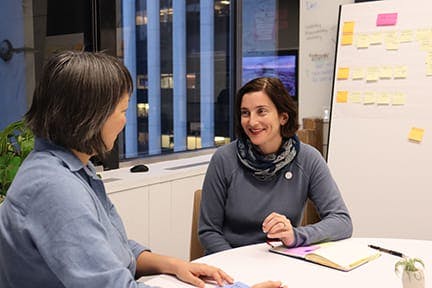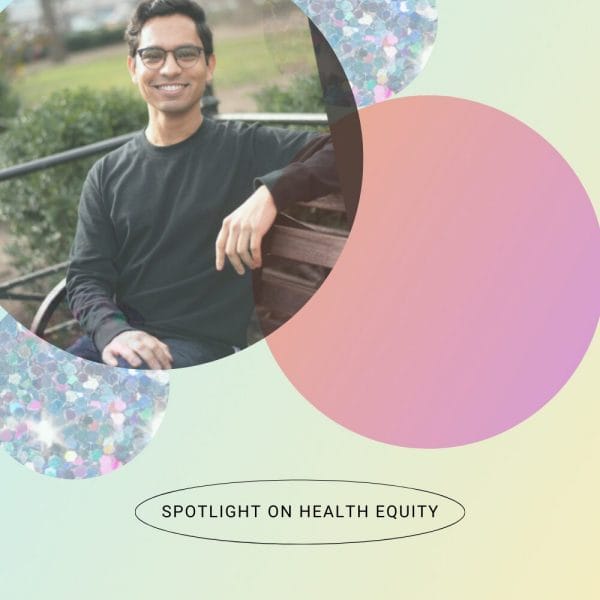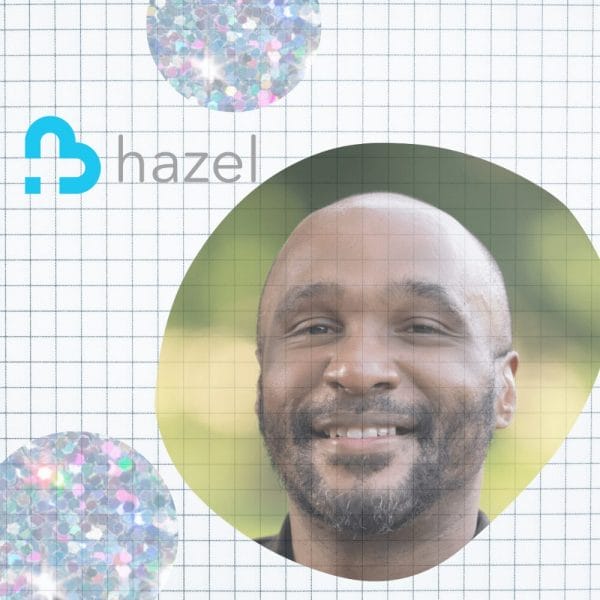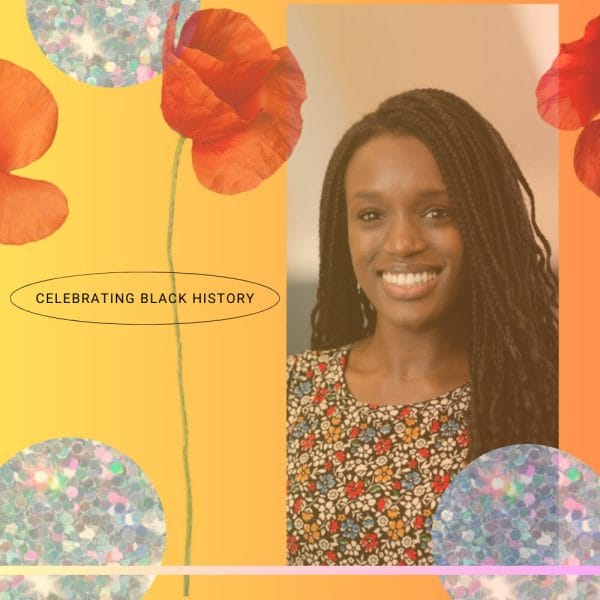In November 2019, Hopelab joined HackMentalHealth and our friends at Vinaj Ventures and Second Muse to host a mentoring event about creating an early-stage startup in the digital mental health space. It was our third partnership event with HackMentalHealth, and our second event focusing on startups. As I often am at HackMentalHealth events, I was floored by the passion and energy behind the founders’ stories.
These founders are part of a growing movement to develop innovative strategies to address the growing mental health needs of society today.
I am inspired by this, given that many of these individuals could be working at large companies rather than trying to start their own businesses. It is not an easy ride. However, given that digital health companies raised $8 billion in venture capital in 2018, and some companies with a mental health focus are starting to show success, there is clearly opportunity in this space.
As a licensed psychologist with a background in using technology to deliver mental health treatment, my lens on a mentoring event such as this is composed of reactions as a scientist, as a clinician, and increasingly as a person who can help founders focus grand ideas. As I talked to these talented entrepreneurs, I was reminded of how rarely the very early startup team includes a person with clinical training — someone with expertise in the mental health issues that their products aim to treat. A December 2019 CNBC article called attention to the potential tension between clinical and product teams at larger digital health companies. I see how founders with a technology background might think they can go at it alone for a while without clinical expertise; however, waiting too long can really hurt a team’s productivity in the long run.
Three Core Business Issues Mental Health Professionals Can Help You Solve at the Earliest Stages of a Digital Mental Health Company
1. How to build an evidence base for your model before you have any data.
In a competitive landscape, the thing that often sets startups apart from their competitors is whether there is evidence that their product works. The most rigorous way to amass that evidence is through conducting a randomized clinical trial. Clinical trials are hard at the earliest stages of a startup — they are expensive, time-consuming, and often require partnership with academia, which might have different goals than a startup. For nonprofits or companies trying to get funding, trials can be a prohibitive investment.
In the absence of outcome data, mental health professionals can help founders turn their vision into a hypothesis, based on what we already know about a clinical problem or solution. We can help to craft an argument for the use of a product in the absence of a decades-long evidence base by piecing together evidence that already exists.
An example: you want to start a company to use virtual reality to treat depression. There’s not a lot of evidence that virtual reality works specifically in the treatment of depression, but there is a good body of evidence that it works for anxiety disorders and post-traumatic stress disorder, exposing people to situations that make them anxious or fearful. There is also good evidence that group Cognitive Behavioral Therapy (CBT) is effective for depression. Bring those two bodies of evidence together, and you have a place to start to develop a VR product for group CBT treatment. There will still be time to conduct the randomized trial once your product is prototyped, and mental health professionals can be helpful there as well.
2. What to address: to go deep or go broad?
I spoke to one founder who had an idea to treat a specific disorder — let’s say obsessive compulsive disorder (OCD) — and she didn’t think her solution would work for anything other than OCD. From a care standpoint, this is perfect — a good treatment is one that specifically and effectively treats a condition — but from a business standpoint, it’s a challenge. It would be hard to have long-term success with a company focused on a solution for a relatively small population, even if it is effective.
Founders often come to me with a desire to address a particular mental health problem, asking whether they should start with a product targeted for that problem only, or a broader solution for the stress of everyday life. Mental health professionals can give founders support in where to focus their efforts, and how to craft a scale-up strategy.
I suggested that if the promise of her product really is specific to OCD, she could start there, and gather initial user testing and product feedback from people with OCD and experts in the field. If there is a strong signal that the product is useful for OCD, there is a case for considering moving into other populations, other anxiety disorders, for example. If there is no signal, she may still have time to pivot to another solution. Starting big with a one-size-fits-all solution when your treatment is not for all will just result in a product no one wants to use.
3. How much to involve people in the solution.
I spoke to another founder who said, “we will have trained mentors available who have experienced a similar problem and will be able to support problem-solving.” When I asked, “What would draw someone to be a mentor, and how will they be trained?” the founder went silent.
A major pain point for digital mental health companies is how much to involve people in the product. There’s a key trade-off between human involvement in a solution, and time/money spent to build a solution with a broad capacity and reach. Digital mental health brings the added complexity of licensure and service location restrictions when people, rather than products, are providing the service.
For mental health startups, the “people continuum” might be considered to go from active one-to-one connection with a licensed clinician on one end, to entirely digital solutions (e.g., chatbot) on the other, with a whole host of options in between (e.g., group treatment, passive, shorter interactions, non-licensed coaches, peer mentoring, periodic check-ins with a person, a tech solution with an optional check-in). Many founders want to be somewhere on this continuum, usually closer to the people end, without weighing the feasibility of their choice. I hear phrases like, “we will have group facilitators,” or “we will give users access to therapists as an option,” but when I drill deeper — e.g., “Will you work with therapists in private practice, those within a healthcare system, or perhaps those in training?” — founders often don’t have answers. These are not trivial questions.
Thinking through strategy and getting the right guidance at the outset is imperative. The “right” decision depends on what problem you are trying to solve, and for whom. Behavioral scientists can save you a lot of time and energy at the outset by giving insight into what we already know about how interventions work and how much promise a potential digital solution has to be effective.
Call clinicians to the tech table, and do it early; we can help you take your idea off the page and use it to make real change in people’s lives.
***
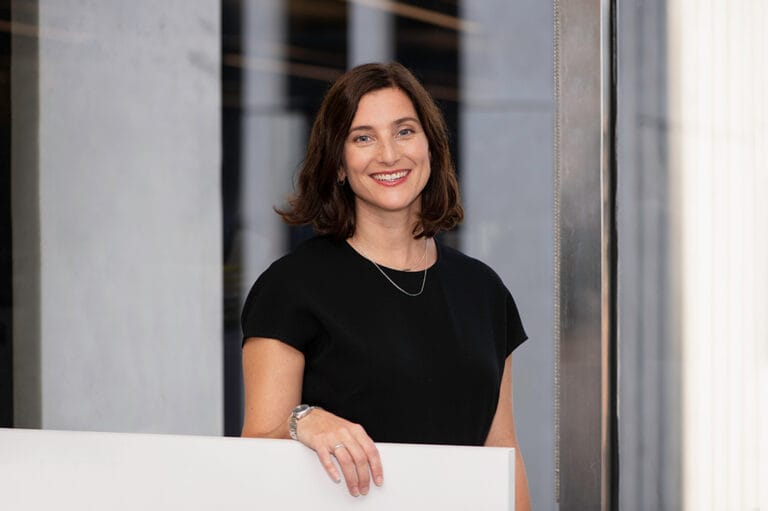
Originally posted by Danielle Ramo, PhD on HackMentalHealth’s Medium channel. Dr. Ramo is a Clinical Psychologist and Research Director at Hopelab as well as Adjunct Prof of Psychiatry, UCSF. She is also an expert in teen substance use and digital mental health. Follow her at danielleramophd.com

